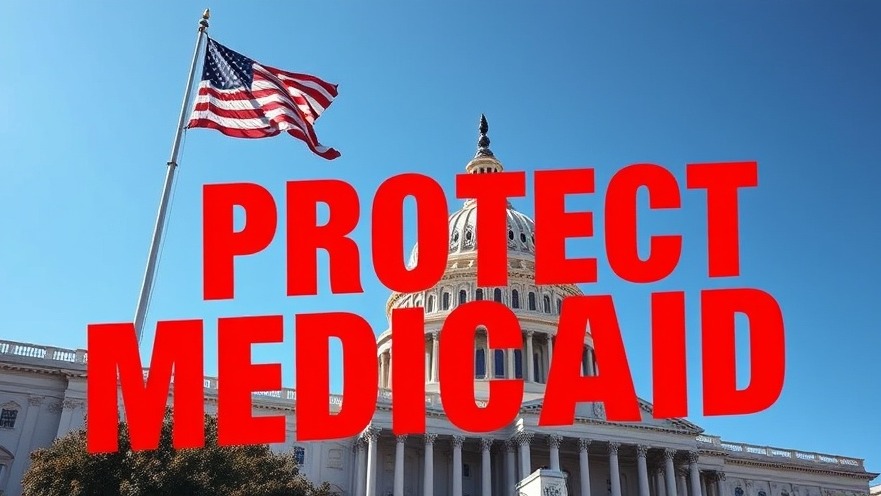
Citizenship at Risk: Understanding the DOJ's New Stance
The Department of Justice (DOJ) has recently intensified its stance on Medicare and Medicaid fraud, announcing dire consequences for naturalized citizens found guilty of such offenses. According to a new memo from the DOJ, individuals who commit these fraudulent acts may face the ultimate sanction: the revocation of their U.S. citizenship. This decision not only stirs a sense of urgency but also illuminates the complexities surrounding immigration and healthcare in America.
Fraud and Denaturalization: What the DOJ Memo Says
The DOJ memo details a framework where civil proceedings can be initiated to revoke citizenship if a person fraudulently acquired their naturalization. This includes situations where naturalization was gained through deceitful means or material misrepresentation. The priority targets for this denaturalization push include those engaged in financial fraud concerning U.S. government programs, such as the Paycheck Protection Program and Medicare or Medicaid schemes.
Concerns from Legal Experts
Legal experts express serious concerns regarding this policy’s implications. Lawrence Gostin, JD, of the O'Neill Institute, argues that the measure is not only audacious but profoundly dangerous, asserting it is likely to disproportionately target low-income individuals who might have unwittingly received benefits they were not qualified for. He warns that this policy intertwines immigration with healthcare, creating a perilous intersection that may lead to further discrimination.
Sean O'Connell, another legal expert, emphasizes that the use of denaturalization for financial fraud is historically rare and should only be applied in severe circumstances, such as treason or national security infractions. By targeting Medicare or Medicaid fraud, the DOJ runs the risk of extending a discredited practice akin to tactics used during the McCarthy era, which aimed to strip citizenship from alleged communists based on dubious charges.
The Broader Implications on Immigration and Public Health
The ramifications of this policy could extend far beyond the immediate cases of fraud. O'Connell cautions that framing healthcare fraud as a national threat could discourage skilled professionals in critical fields, such as medicine and biotechnology, from choosing to settle in the U.S. If citizenship is perceived as conditional or revocable based on such actions, it could create a chilling effect among immigrants who play vital roles in the country’s healthcare system.
The Political Context
Interestingly, the current administration's approach to combatting healthcare fraud contrasts sharply with former Trump-era policies. While the past administration emphasized stringent immigration control, the present DOJ underlines a tougher stance against fraud within existing systems for both Medicaid and Medicare, showcasing an evolving narrative in the intersection of immigration and public policy.
A Reflective Note on the Future
This bold move by the DOJ raises significant questions about the nature of citizenship in America. Is it a guaranteed right, or is it conditional on compliance with all laws, including financial regulations? As discussions on healthcare fraud and immigration continue, it is crucial for citizens, policymakers, and advocates to consider the potential impact of such policies and how they affect both individuals and the integrity of societal systems.
 Add Row
Add Row 

 Add
Add 


Write A Comment